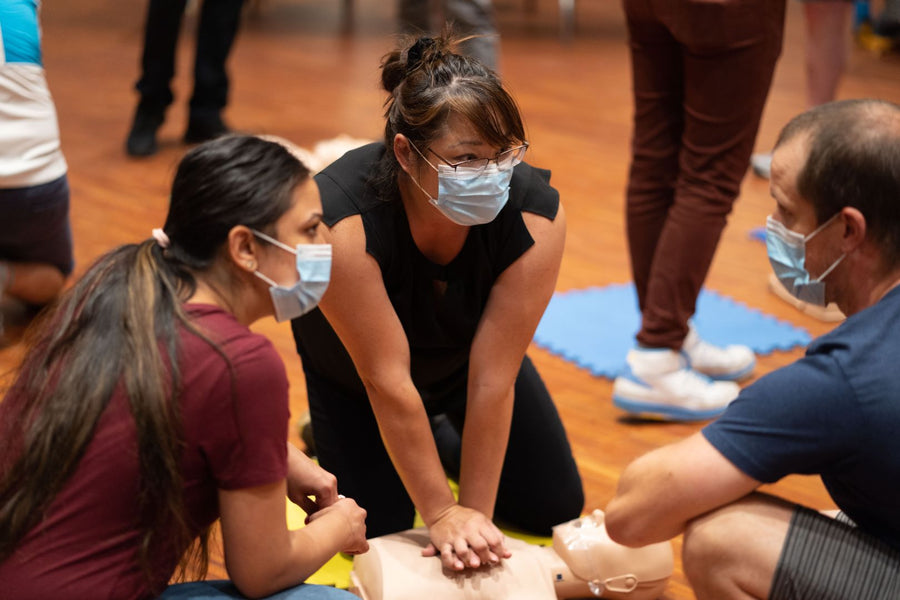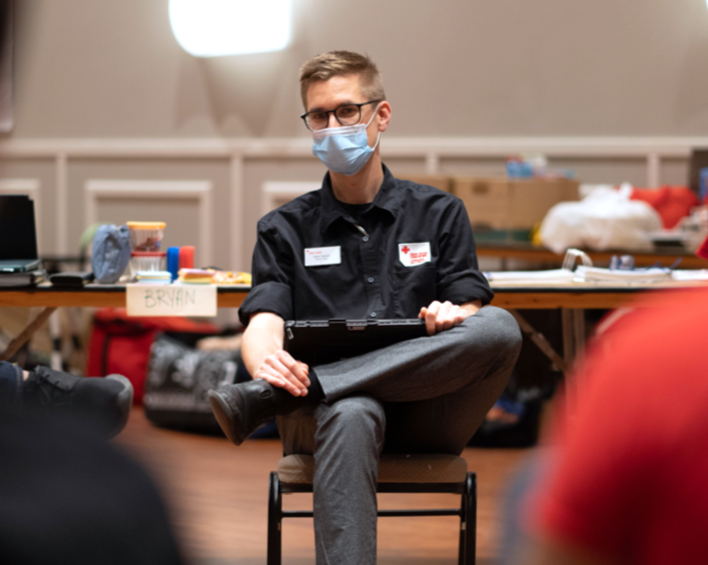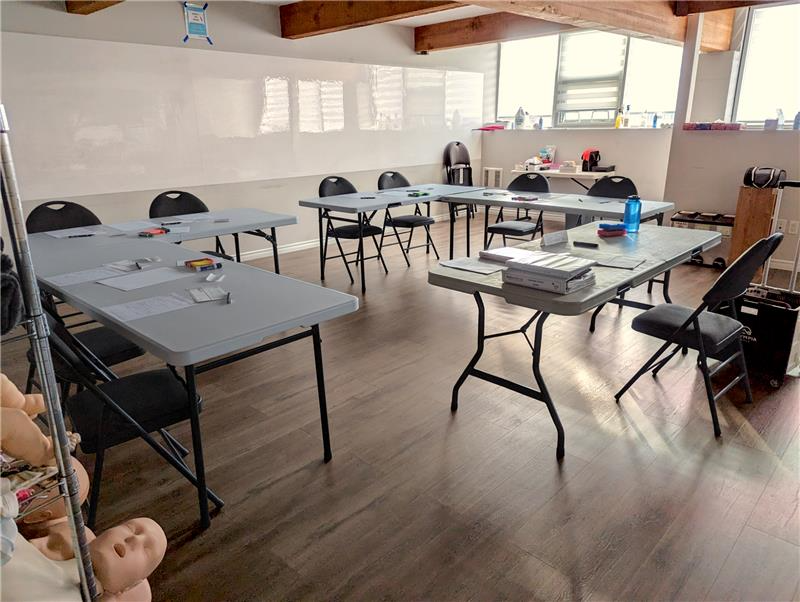
Mental Health First Aid: Supporting Well-Being in Our Communities
Mental health is an integral part of overall well-being, yet it often receives less attention than physical health. In this article, we'll explore the importance of mental health first aid training and discuss how individuals can play a vital role in supporting mental wellness in their communities.
Understanding Mental Health First Aid
Mental health first aid is akin to physical first aid but focuses on providing initial support and assistance to individuals experiencing mental health challenges or crises. Just as CPR and basic wound care skills can save lives in physical emergencies, mental health first aid skills can make a significant difference in supporting individuals during difficult times.
Recognizing Mental Health Challenges
One of the essential aspects of mental health first aid is recognizing signs and symptoms of mental health issues. This includes understanding common mental health disorders such as anxiety, depression, PTSD, substance abuse disorders, and suicidal thoughts. Training helps individuals develop empathy, reduce stigma, and respond appropriately to those in distress.
Key Components of Mental Health First Aid Training
Listening and Communication: Active listening skills are crucial in mental health first aid. Learning how to communicate empathetically, validate feelings, and provide non-judgmental support can help individuals feel heard and understood.
Crisis Intervention: Mental health first aid training includes strategies for de-escalating crises and assisting individuals in accessing professional help. This may involve safety planning, connecting them with mental health resources, or contacting emergency services if necessary.
Self-Care and Boundaries: Mental health first aiders also learn about self-care practices to maintain their well-being while supporting others. Setting boundaries, practicing self-awareness, and seeking support when needed are essential aspects of effective mental health first aid.
The Impact of Mental Health First Aid in Communities
By promoting mental health first aid training, communities can create a culture of compassion, support, and resilience. Trained individuals are better equipped to intervene early, reduce stigma around mental health, and provide valuable resources and referrals to those in need. This proactive approach can lead to improved mental health outcomes and stronger community connections.
Accessible Resources and Support
Many organizations and mental health agencies offer mental health first aid courses for individuals and groups. These courses are often designed to be accessible and inclusive, catering to diverse backgrounds and experiences. Online resources, helplines, and community support networks also play a vital role in providing ongoing assistance and guidance.
Conclusion: Empowering Mental Wellness
Mental health first aid is a powerful tool for promoting mental wellness and resilience in our communities. By equipping individuals with the skills and knowledge to recognize, respond to, and support mental health challenges, we can create a more compassionate and supportive society. Let's prioritize mental health first aid training and work together to build healthier and happier communities for everyone.







